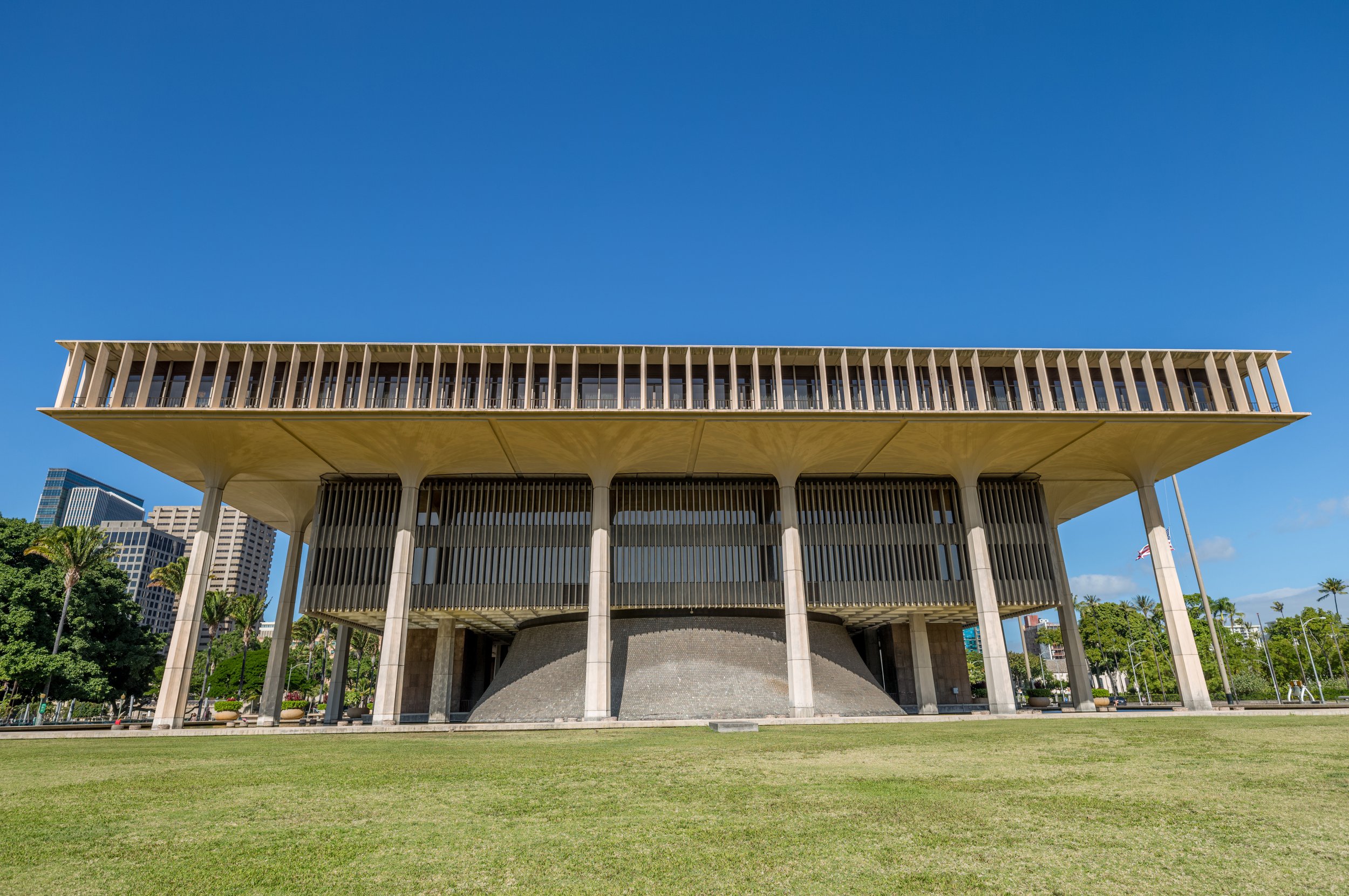
Scrutinize pause of tax cuts for all
Freezing progression of at least some of the state’s planned tax cuts is the clearest, cleanest path to preserving financial balance—at least until the effect of federal spending cuts is fully determined.
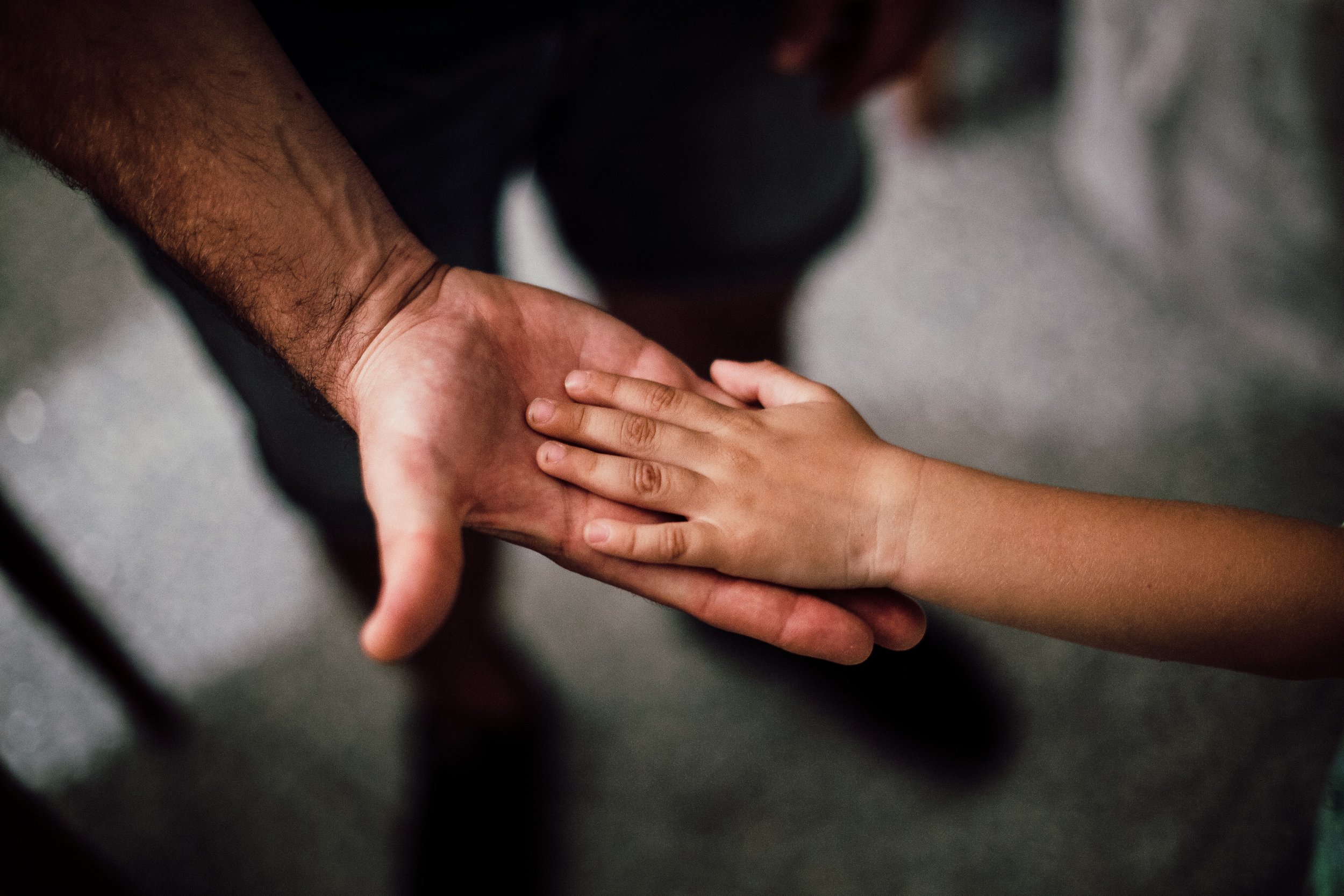
Hawaiʻi coalition calls for tax fairness for local needs
As Hawaiʻi struggles to meet growing needs in housing, education, health care and climate resilience, a broad coalition of community groups, labor unions and nonprofit advocates is pushing lawmakers to confront a long-standing question: how to pay for it.

New online tool shows disparities between communities on basic needs
Annalisa Burgos asks Hawaiʻi Appleseed how its Economic Justice Data Dashboard can help focus government spending.
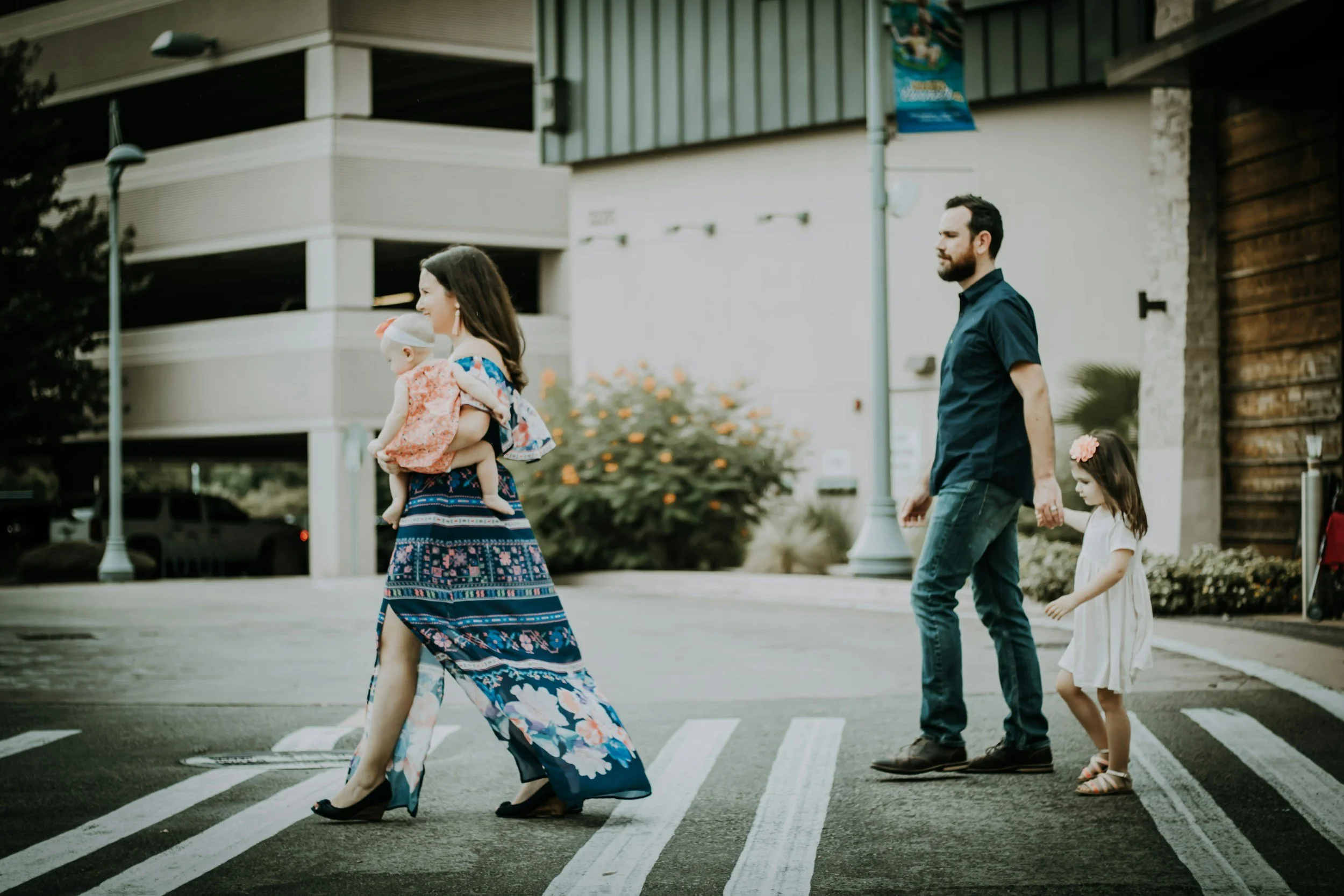
New year, new parking law
As of January 1, a new Hawaiʻi law now requires drivers to park at least 20 feet away from any crosswalk or intersection.

Hawaiʻi to restrict soda purchases under SNAP in 2026; local groups oppose
Instead, increasing incentives for fruits and vegetables does a better job of promoting healthy eating and reducing purchases of sugar-sweetened beverages among SNAP participants.

Counties urged to boost role protecting residents from hunger
A new policy brief from Hawaiʻi Appleseed argues that counties are increasingly positioned to act as front-line responders as federal resources recede and local needs grow.
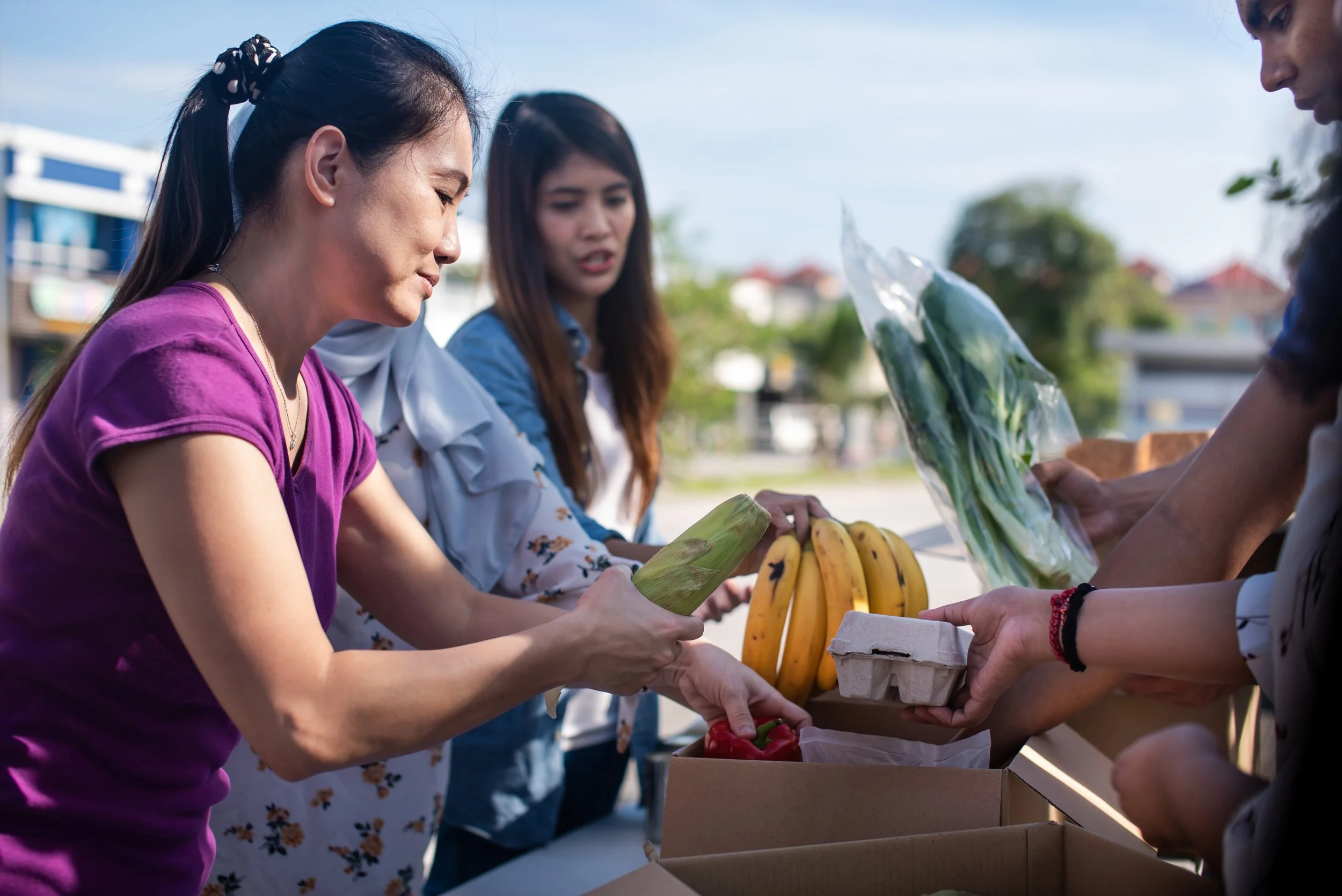
5 ways Hawaiʻi counties can help address food insecurity
A new nonprofit policy brief recommends areas of focus for leaders at the county level to make the most impact on local food systems in coordination with state and federal resources.
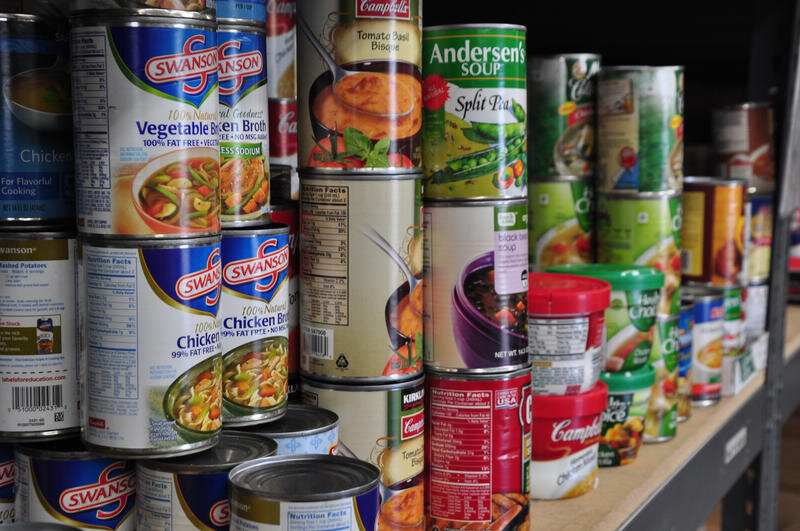
Policy brief calls for expanded county role in addressing food security in Hawaiʻi
A new policy brief from the Hawaiʻi Appleseed Center for Law & Economic Justice urges leaders on the county level to address food insecurity as federal nutrition programs face significant funding cuts.

Escalating climate disasters could make homes uninsurable, new report warns
Hawaiʻi is facing a rapidly escalating insurance crisis driven by climate change, aging housing, and a sharp retreat by private insurers, according to a new report released by the Hawaiʻi Appleseed Center for Law & Economic Justice.

With hunger growing on Oʻahu, a push to put food security to a vote
The Charter Commission is holding a first hearing today of a proposal to create a food security fund using property tax revenue.

Green suggests Hawaiʻi might scale back on income tax cuts
The governor also says he will likely tap into the state’s “rainy day” reserve to draw down hundreds of millions of dollars to balance the state budget.

Why does Hawaiʻi have a GET?
The General Excise Tax. We all know it, we all complain about it, especially the way it stacks up in transaction after transaction, raising prices. But there was a time when it didn't exist at all. Here's a look at who created it, when, and, most importantly, why.

Lighting the way to safer streets in Waipahu and ʻEwa
Residents in these Leeward neighborhoods are about to make their bus stops and crosswalks safer in a project led by the Hawaiʻi Appleseed Center for Law & Economic Justice, aided with federal grant money.

How parking spot mandates affect affordable housing in Honolulu
Parking mandates can have a large impact on affordable housing projects, according to a report by the Hawaiʻi Appleseed Center for Law & Economic Justice.

New federal rules ramp up the pressure on people who count on food stamps
Thousands of people in Hawaiʻi will be cut from the program entirely or face additional hurdles, including added work requirements.

Mom-and-pop stores losing EBT customers struggle to survive
It’s not only making it harder for families to put food on their tables. It’s also affecting people’s livelihoods.

Can Hawaiʻi turn around another deadly year on the roads?
An executive order emphasizes enforcement and safety education, but data shows infrastructure is also a major factor in many fatal accidents.

Four Hawaiʻi nonprofits receive investments as SNAP cuts loom
More than 13,000 people in Hawaiʻi could lose some or all of their benefits each month once expanded work requirements are implemented.

State fund aims to get more kids walking to school. Will they be safer?
The funds won’t be released until early next year, but the transportation department is looking at ways to expedite processes so work can begin within four months of receipt.
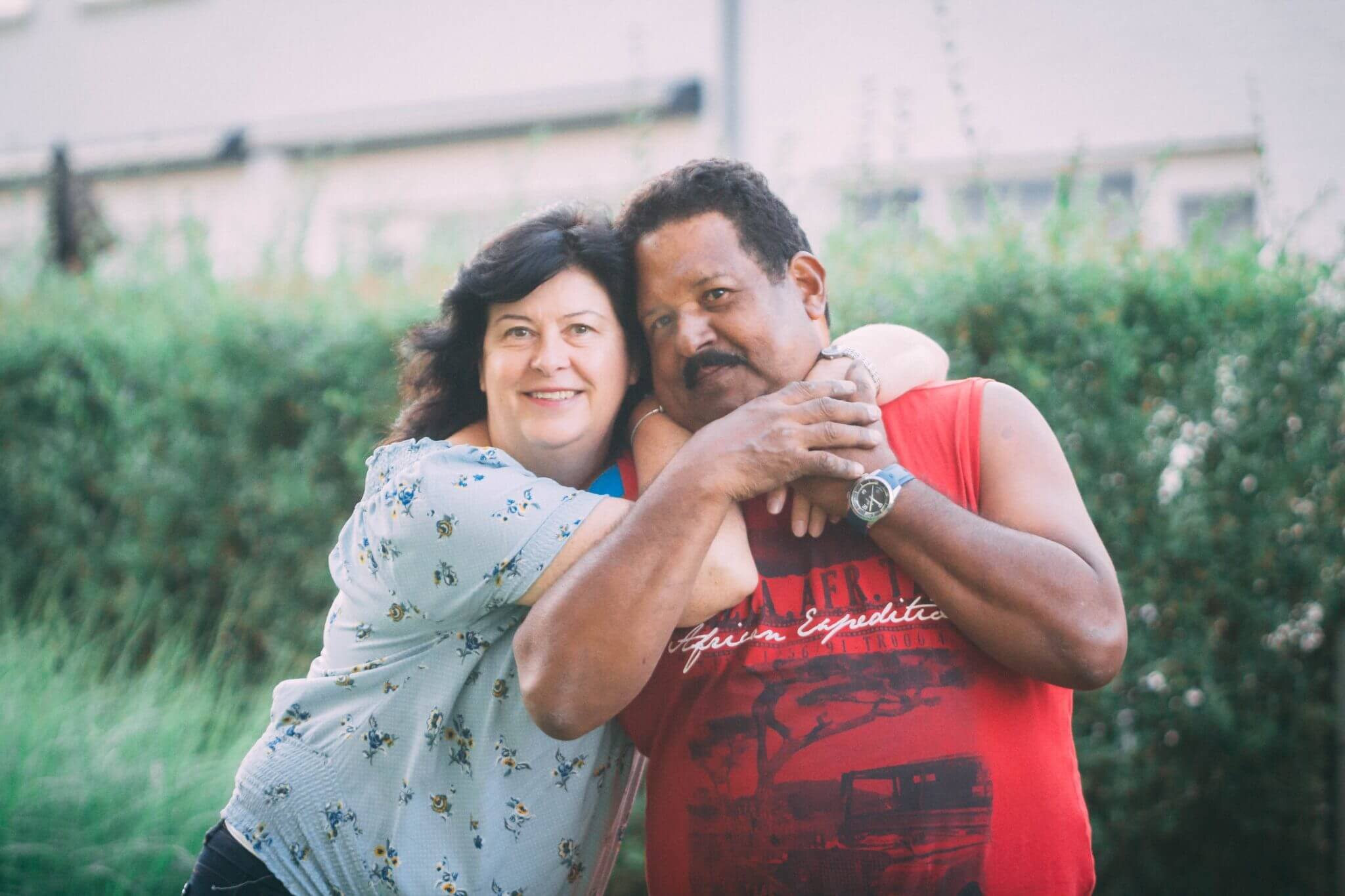
Honolulu’s early eviction mediation and rental assistance program’s success
The next step is for more opportunities to uplift the statewide efforts advancing housing stability through early intervention and cross-sector collaboration.
